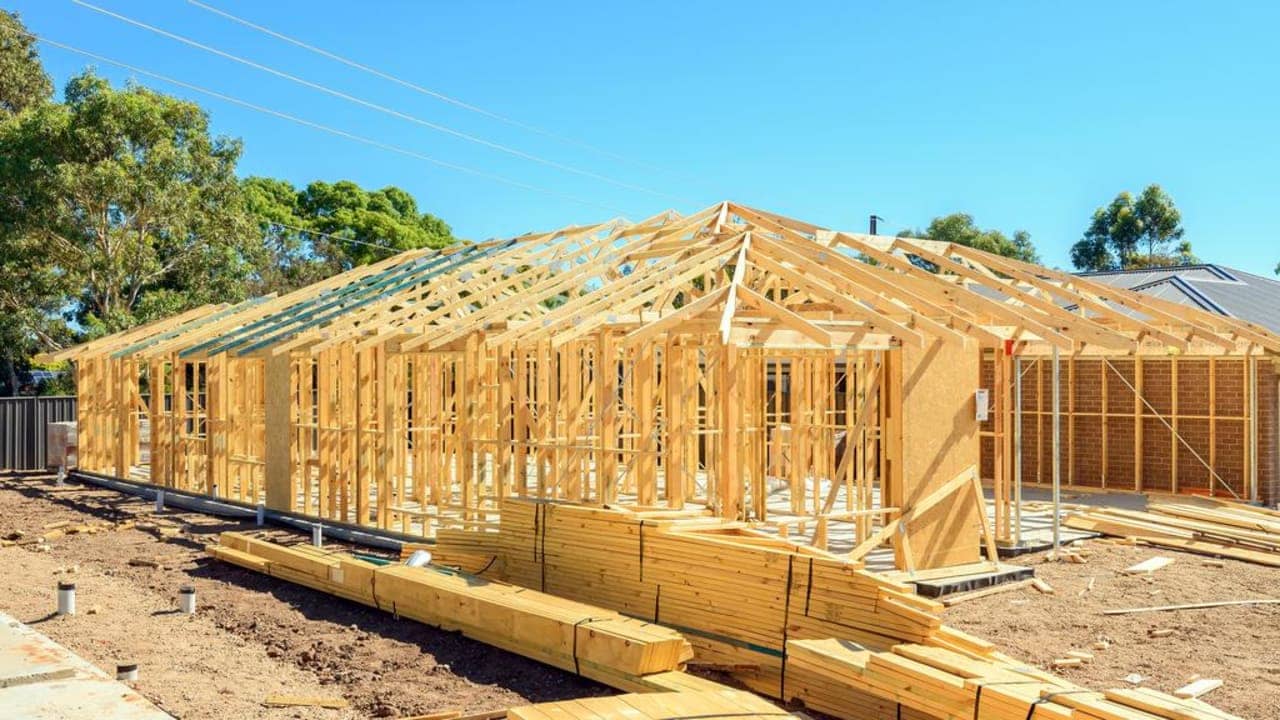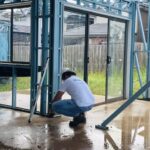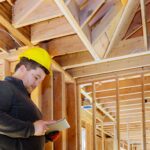Building Inspection Nightmares To Avoid
Unfortunately, we hear it all the time. Newly purchased homeowners calling us for advice as they purchased a home, they thought was in good condition to only find out that there are major defects which will be extremely costly to fix. How do these dodgy inspectors get away with it? If you read the report in detail, you will likely notice the inspector noted down that not all areas were inspectable. Likely items like the subfloor and roof cavity, exterior of roof due to height restrictions. Not inspecting these areas saves a lot of time and a lot of the liability is removed from the inspector! You may think your saving money shopping around for a cheap building inspector but are you really?!
An inexperienced building inspector
It’s always best to choose a licensed and experienced inspector in the field of each inspector. Building inspection should be inspected by a builder and timber pest inspection by a pest controller. Using unexperienced or unlicensed inspectors can be a recipe for disaster. Experienced inspector will know what to look for and common defects expected for the time of property and age.
Timber pest inspection
Timber pest inspection is looking for wood destroying insects like termites and borers. Its critical to try and identify any past or current termite damage or active termites to the property. Past damage could well indicate that there is likely concealed termite damage in the walls.
Its common practice for building inspectors to do these timber pest inspections. We are strongly against this. Builders are not pest controllers and don’t know exactly what to look for. Pest controllers do this day in day out. They are termite specialists! It’s a bit like having a pest controller do the building inspection? Not a good recipe for a quality inspection.
Know when to walk away
After your building inspection you will receive a detailed inspection report. If the report has major structural issues to the structure, foundation problems like subsidence, drainage issues you must think carefully if you still wish to proceed. It’s important to do the sums of potential costs involved and if you really want to deal with the stresses of the repairs. Know when to walk away.
Building works that are not council-approved
If a building inspector has concerns that any extension work on the building was done without council approval, you will be advised to contact the council and find out if the building work has been approved. If you purchase the property without checking the correct approvals are in place you run the risk of purchasing the property with illegal construction. If this is the case, the council may force you to demolish all illegal construction.

Homes have lots of structural wood, making it essential for a termite and building inspection. The are many building inspection horror stories in Sydney, NSW which should serve as a cautionary tale of what can happen when proper procedures are not followed. Neglecting building inspections can lead to costly repairs which are not covered by insurance. It’s crucial that building inspections be conducted thoroughly by qualified professionals to prevent such devastating financial problems occurring.







